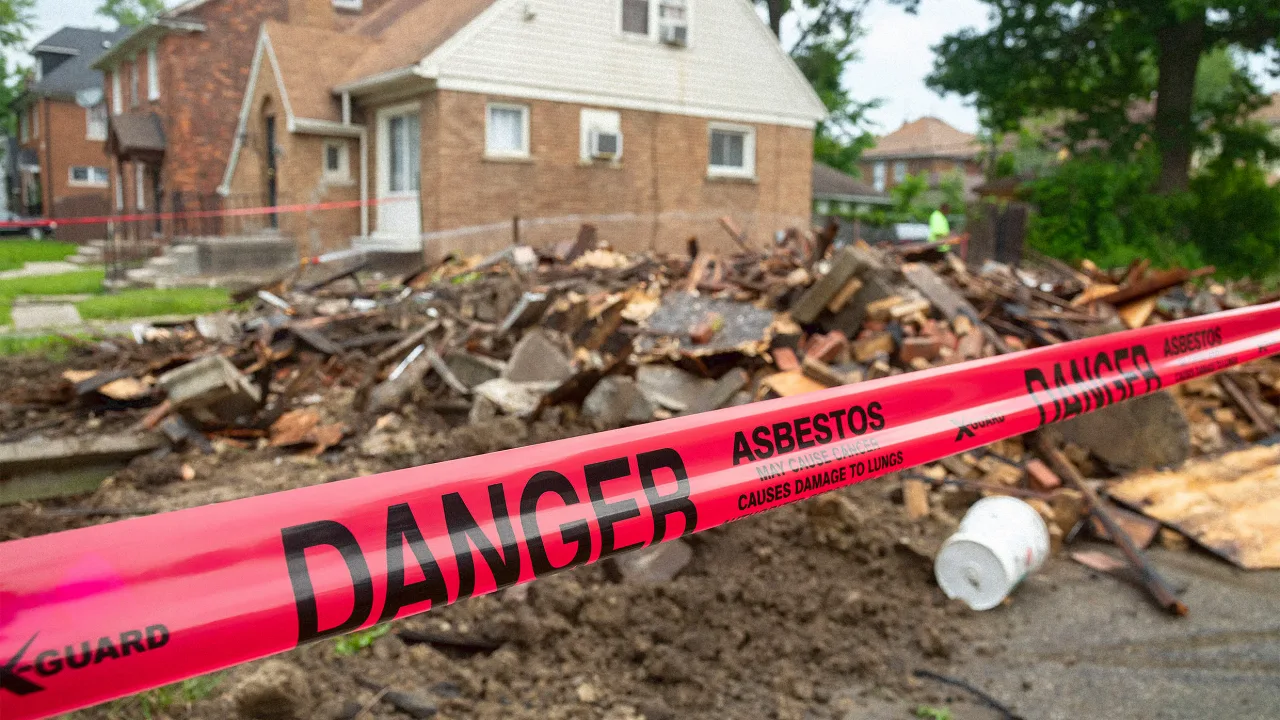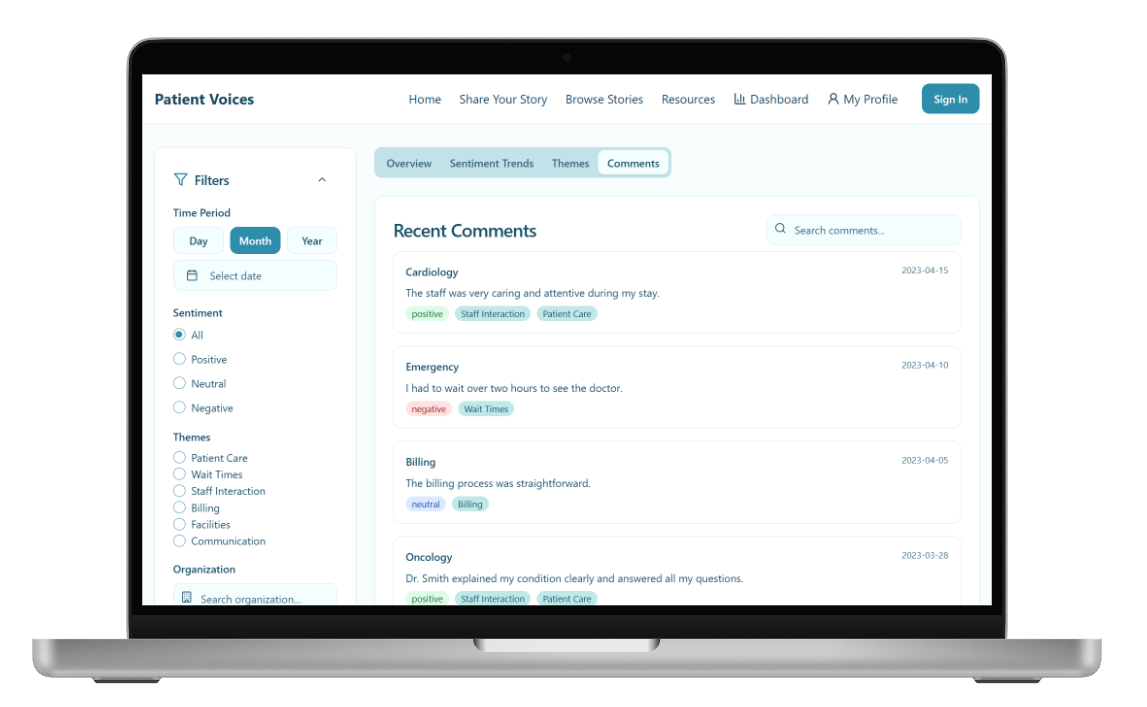Six Ways to Protect Yourself Against a Terrible Landlord
Here's what to do if your landlord is rude, aggressive, or otherwise awful.

Landlords have been with us for a very long time—people have been renting homes from others for thousands of years. There are about 10 million individual landlords in the U.S., and if you’re a renter, you know that the experience can vary greatly. There are terrific landlords who hop on repairs quickly, try to keep rents reasonable, and understand that their tenants are human beings. But there are also terrible landlords who treat their tenants terribly, which can make everyday life stressful and unpleasant.
If you focused on the property instead of the person and missed the signs of a bad landlord, you might feel powerless. After all, they can raise your rent, evict you, allow the unit to become uncomfortable (or unlivable), or simply be rude and unpleasant in every interaction. But you can fight back and protect yourself by taking some necessary steps.
Know your rights
Most states have some form of a “tenant’s bill of rights” that outlines your rights as a tenant. Your first step when dealing with a bad landlord is to know what those rights are—and who is responsible for enforcing them. Many states have an explicit housing authority that handles landlord disputes and complaints, but in some cases, you’ll have to go through the state attorney general’s office or some other entity.
In fact, it’s good to know this information before you sign the lease in the first place. Knowing what your rights are and the procedure for filing a complaint ahead of time will give you a sense of empowerment and save time if you discover that your landlord’s a bad person when it’s too late to back out.
Set boundaries
Landlord harassment often includes accessing your home without your knowledge or permission. Many landlords either mistakenly believe that since they own the place they’re allowed to enter whenever they wish—or they know better and don’t care. In either case, you have an expectation of privacy and the right to enjoy your home. The landlord’s access is typically defined by state law and the rental agreement you signed, so reviewing both of those will give you the specifics. But, in general, landlords have to give you notice when they’re going to enter the property unless it’s an emergency situation.
If your landlord keeps entering your private space, or consistently harasses you in the common areas of the property, start by setting clear boundaries. A written notice outlining the access and notice policy and directing the landlord to communicate with you only via email or in writing is a good place to start. Cite the specific language of the lease or applicable state laws in there for good measure.
Keep records
Of course, simply telling your landlord that you expect them to respect your privacy and communication preferences is no guarantee that they will abide by those wishes. The next important thing to do when dealing with a bad landlord is to start keeping records: Keep copies of all written communications, and start noting the date and time of all interactions, regardless of their tone or outcome. If the time comes when you have to take more formal action, those kinds of details and facts will come in very handy. For example, if you need to prove the landlord is violating state law regarding accessing the unit, having a documented timeline of their inappropriate entries will bolster your case.
Since battling a bad landlord involves someone who can cut off your access to your home, it’s a good idea to keep these records (along with important documents, like your lease agreement) in a separate place—or at least copies of them. If you are inappropriately locked out of your apartment (during an illegal eviction attempt, for example) you’ll still be able to access everything you need to fight back.
Set up security
If you suspect your landlord is violating your personal space but they deny it, setting up some home security cameras is a great way to compile documentary proof of their bad behavior. A doorbell camera with audio will not only capture incidents when your landlord enters your home without notice or permission, aiding your record-keeping, but can also capture interactions where your landlord is abusive or aggressive with you. Cameras set up inside the apartment can also document unreasonable access and capture any other bad behaviors they might get up to while in your home.
One thing to keep in mind is the laws in your state regarding recording people without their knowledge. Some states are “one party” states that allow this, some require that both parties be aware that they are being recorded. While recording something inside your home is almost certainly legal, recording audio on doorbell cameras can get a little tricky, so be sure to do a little research before you set that up.
Talk to your neighbors
If your landlord is rude, aggressive, or invasive with you, chances are very good they behave similarly to other tenants in your building. Talking to your neighbors about your experience can offer a wealth of corroborating data around the landlord’s behavior that can augment your own records or support a complaint. Approaching your landlord as a group can also be a lot more effective than confronting them individually.
If your landlord isn’t impressed when every one of their tenants complains, you could even consider forming a tenant’s association. This would allow coordinated, group action against an unreasonable landlord, including the possibility of (perfectly legal) rent strikes and other collective actions designed to force your landlord to follow the law and behave themselves.
File a complaint
If nothing else works, your final recourse is some form of legal action:
File a complaint. If you’ve raised your concerns with the landlord and nothing’s changed, consider filing a formal complaint with your state’s housing authority or attorney general. It’s usually best to write your landlord directly and copy the housing authority on the letter—this gives your landlord a chance to respond formally while letting them know that you are aware of your rights, and you know who to contact about them.
The letter should be straightforward—describe the problem clearly, include specific examples with dates and times, and explain the result you want. Lay out a timeline for a response—e.g., “If I do not hear from you within 14 days, I will take further action.” You can find many examples of these kinds of letters through a web search if you need a little guidance.
File a lawsuit. If your landlord doesn’t respond, or responds with even worse behavior, you might have to consider a lawsuit. Since you’re probably not suing for monetary damages, something like small claims court probably won’t work for you. You’ll be best served by contacting an attorney who specializes in landlord-tenant cases (you can find one here). They can advise you as to whether your landlord’s behavior is actionable in the court system and help you navigate the process.


































































![https //g.co/recover for help [1-866-719-1006]](https://newsquo.com/uploads/images/202506/image_430x256_684949454da3e.jpg)























![How Smart PMs Scale Their Careers in Any Org [TPG Live Recap]](https://tpgblog.com/wp-content/uploads/2025/06/2025-06-12-thumbnail-action.png?#)















































